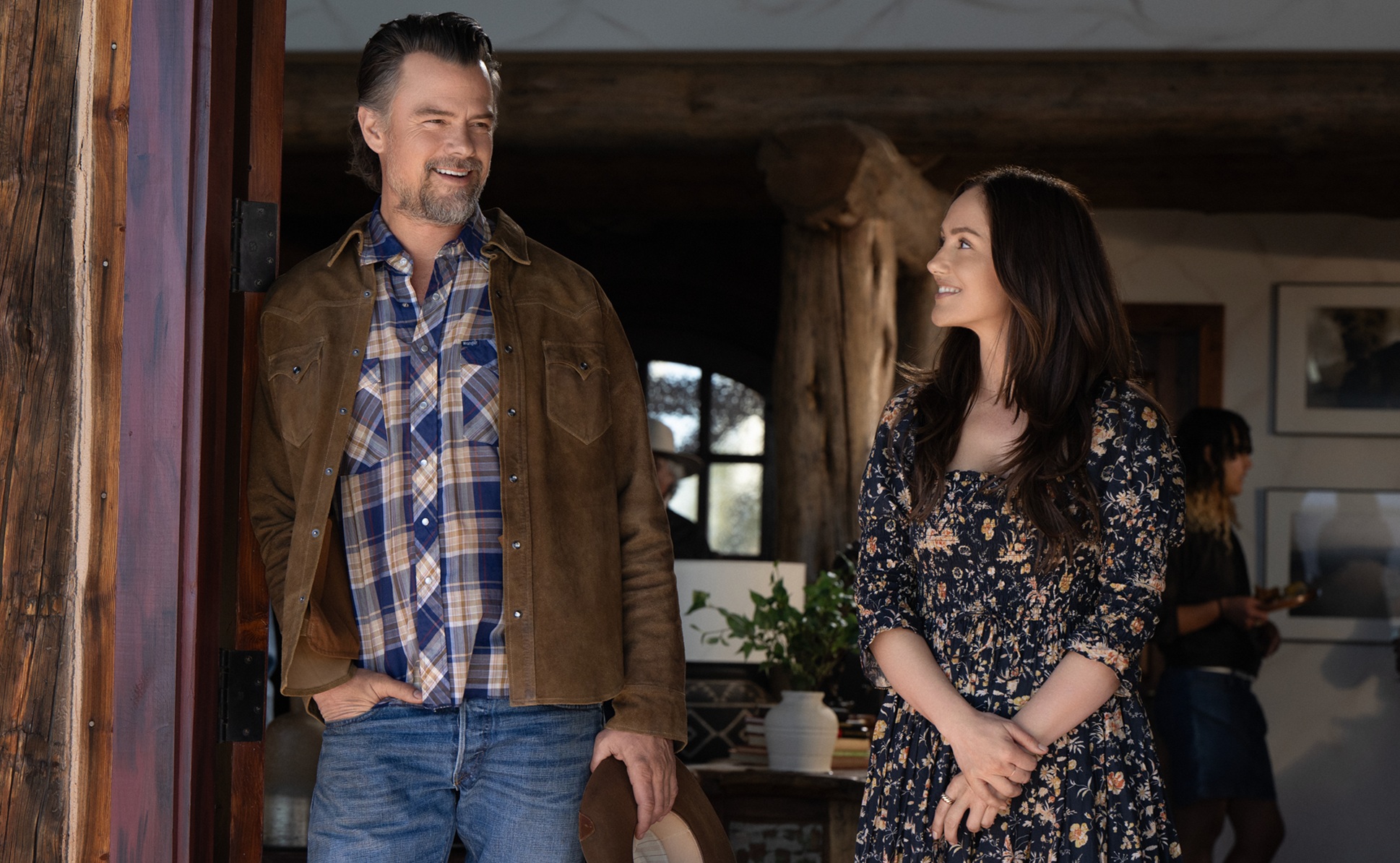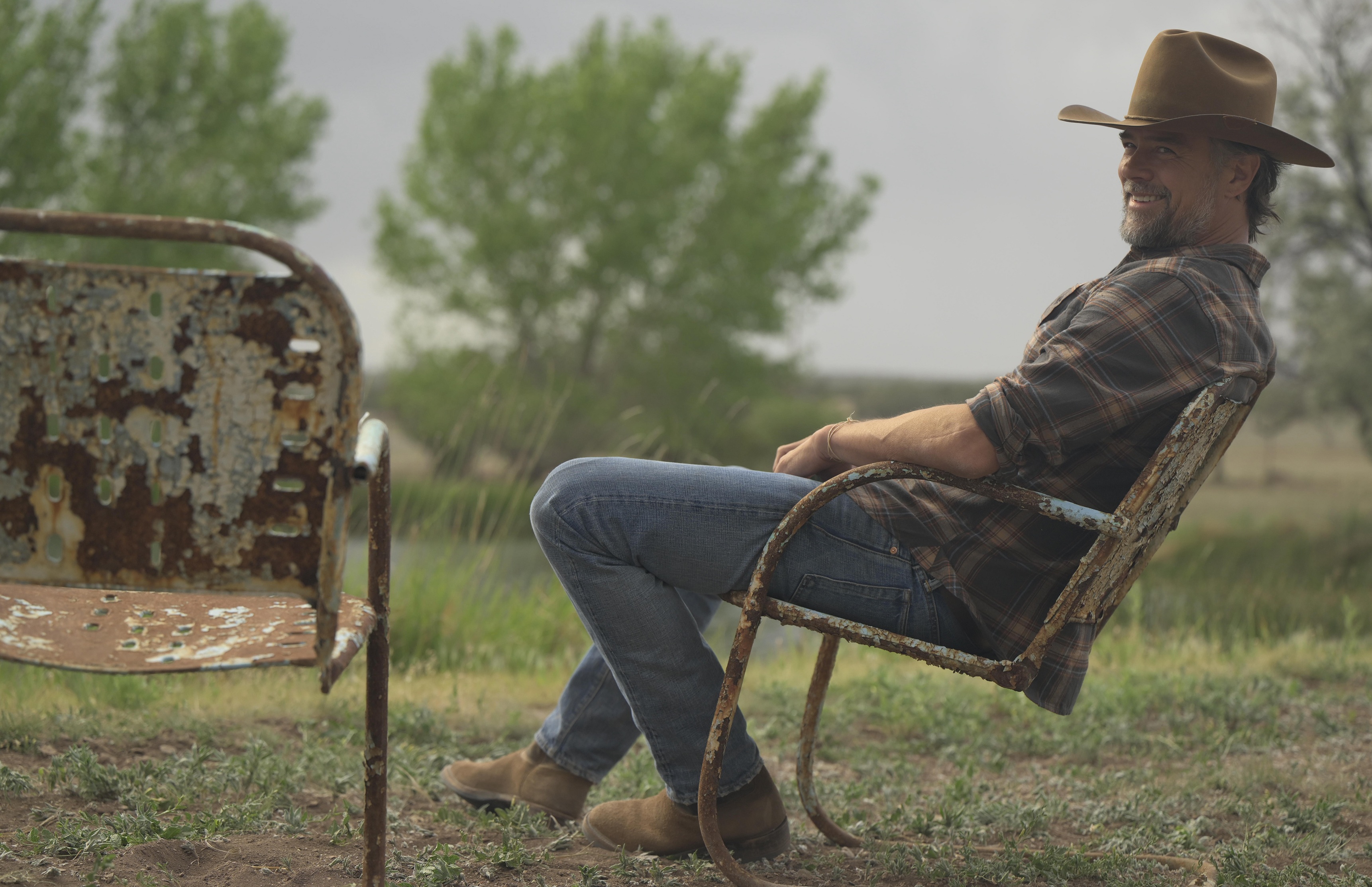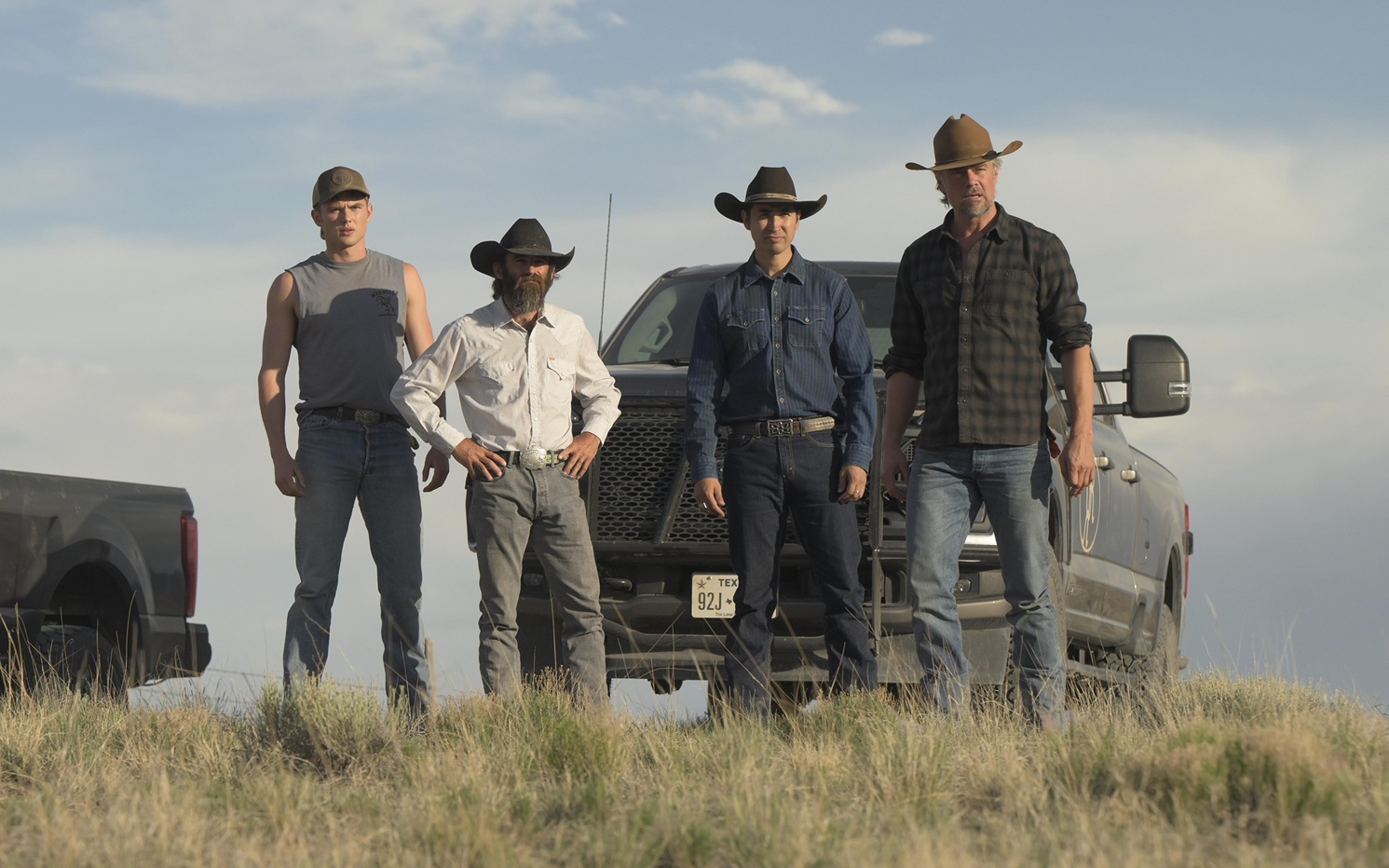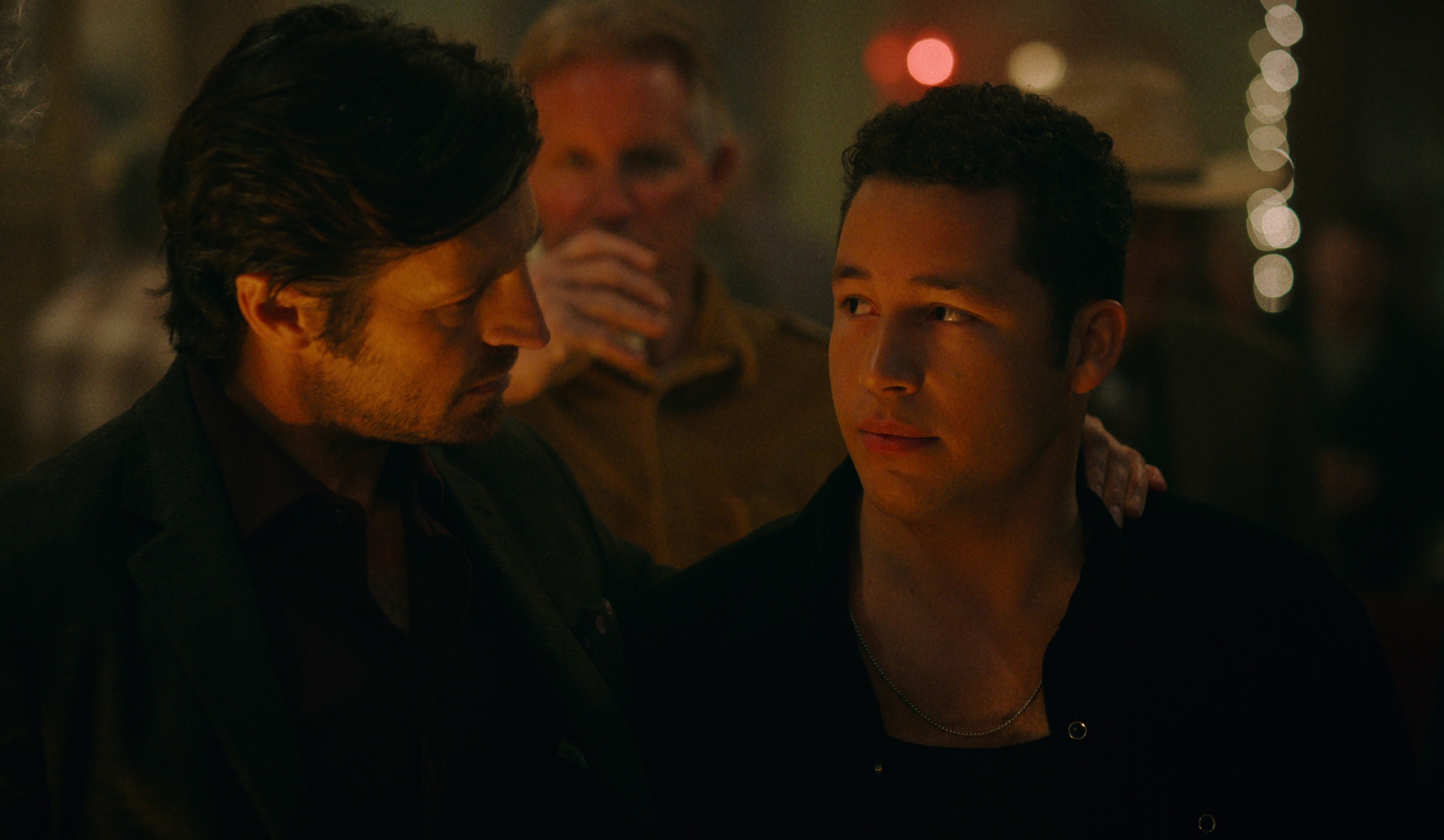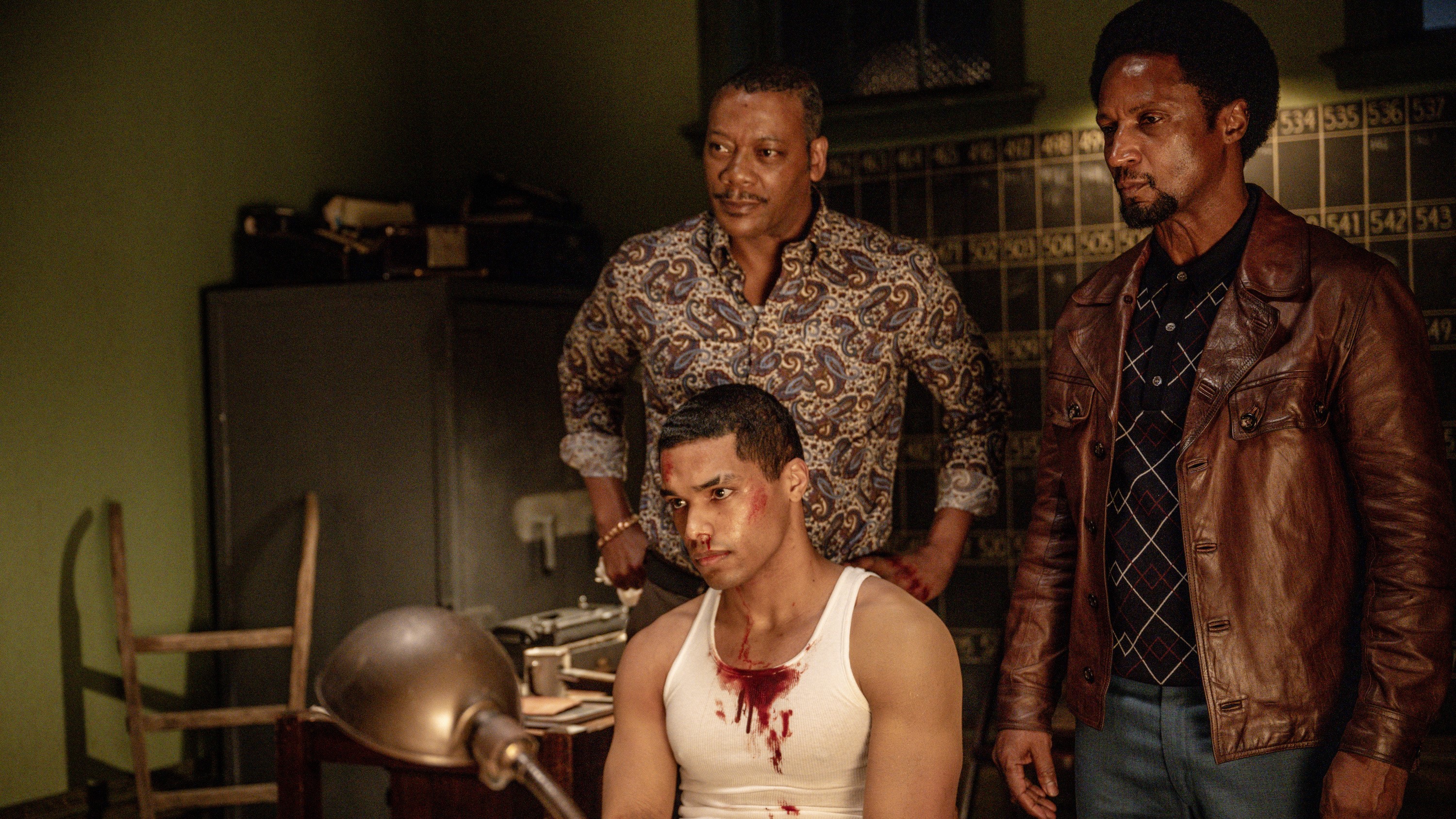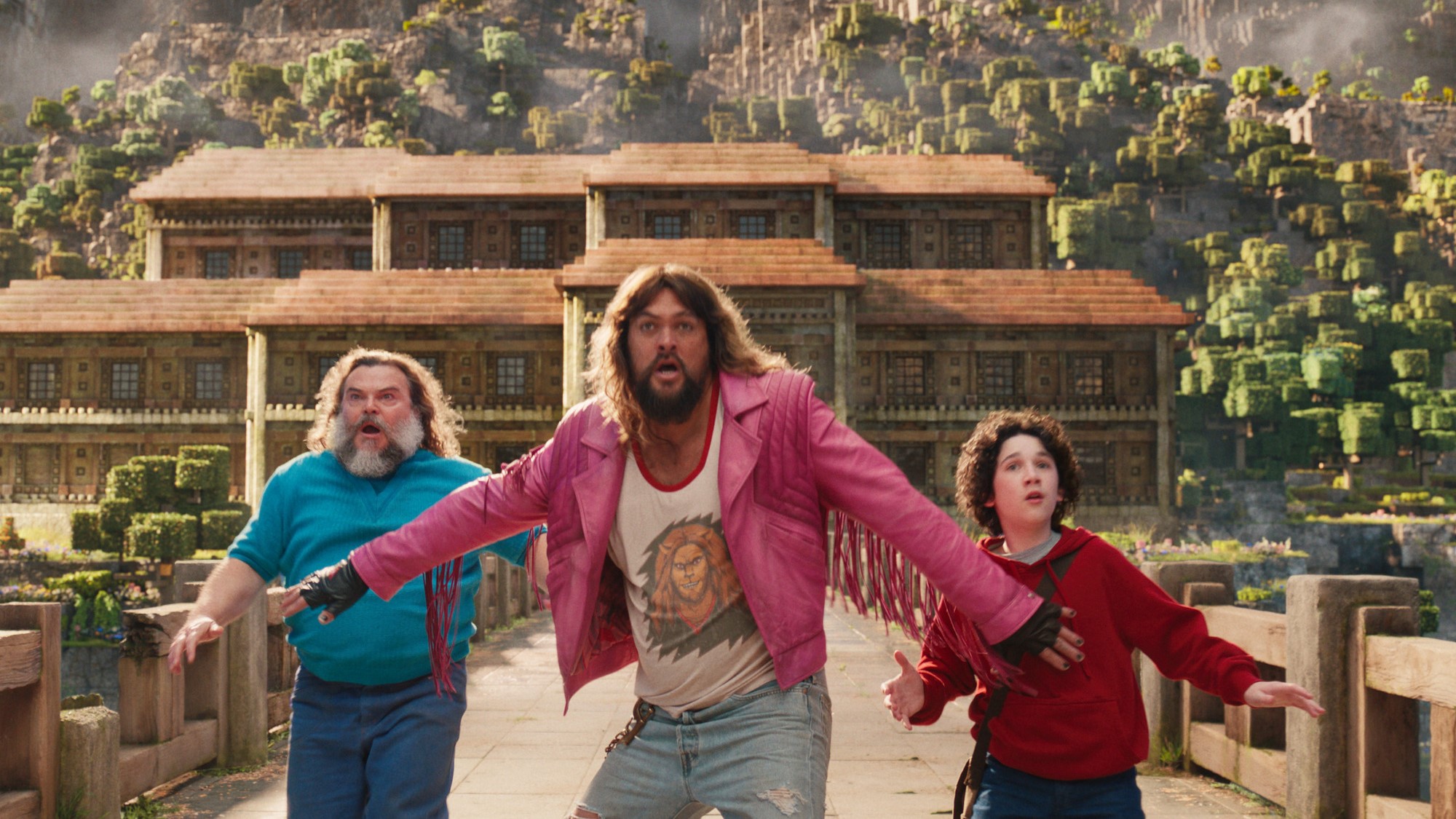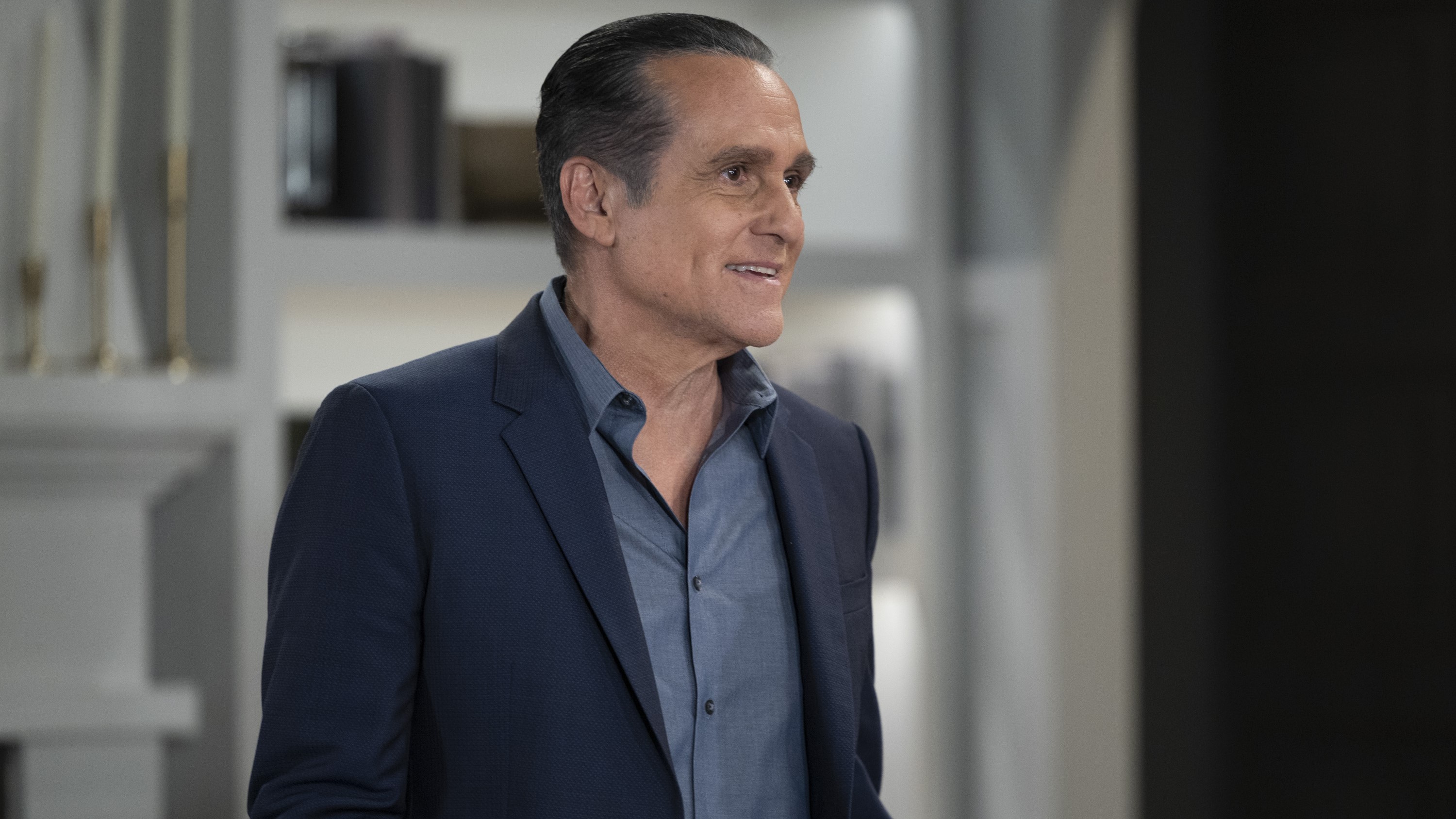You should root for Scarlett Johansson in her Disney lawsuit
Scarlett Johansson is suing Disney over the Black Widow release and loss of earnings, and frankly, you should root for her.
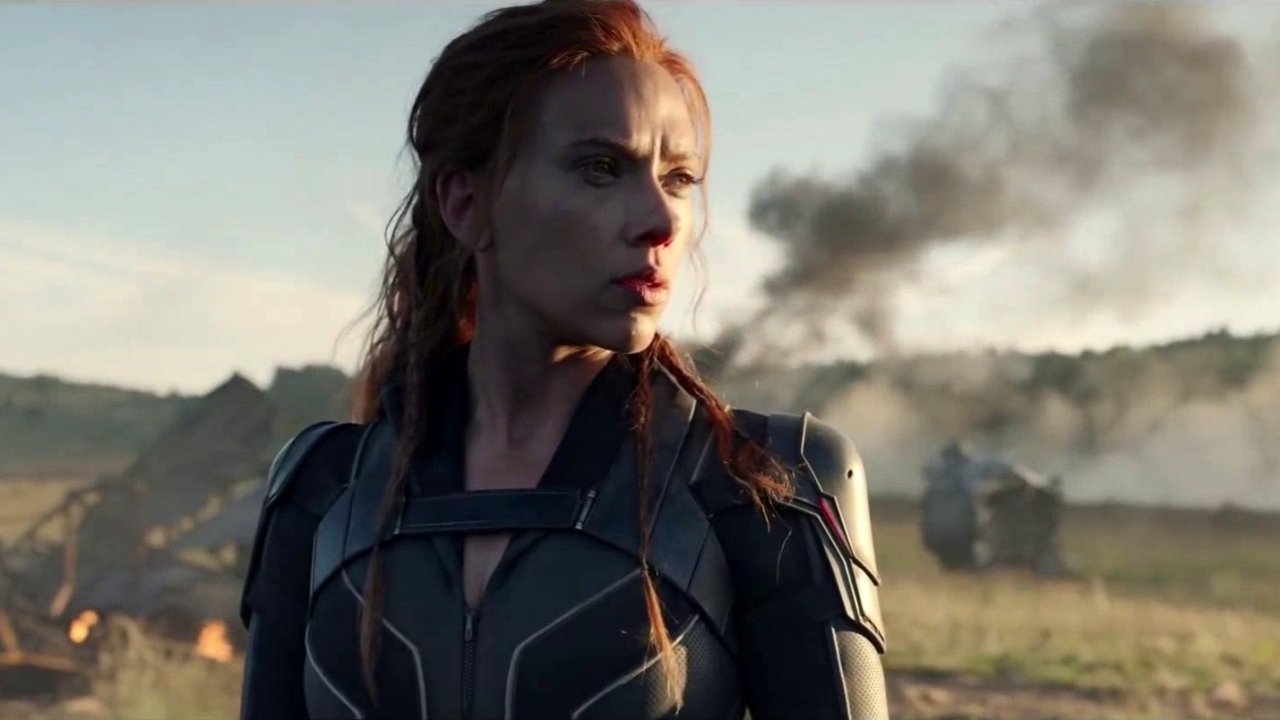
Last week, it was revealed that Scarlett Johansson had filed lawsuit against The Walt Disney Company for breach of contract regarding the release of Black Widow. Johansson said she was promised by Marvel Studios, which is owned by Disney, that Black Widow would be a "theatrical release", which she understood to mean that it would include an expected window of time between premiering in cinemas and dropping on the company's streaming service, Disney+. Traditionally, this period lasts around 90 days. Due to the restrictions of lockdown related to the ongoing COVID-19 pandemic, Disney made the decision to release Black Widow on Disney+ as a premier title, requiring a $30 fee from subscribers, simultaneously with its cinematic release. Sources close to the actor (whose salary was based on the box office performance of the film) projected that she lost around $50 million from this change.
Disney's statement in response tried to attack Johansson's suit as "especially sad and distressing in its callous disregard for the horrific and prolonged global effects of the Covid-19 pandemic” (notably, Disney laid off thousands of workers last year and then fought to reopen their theme parks even as infection rates have skyrocketed.) Her agent, Bryan Lourd of Creative Artists Agency, attacked Disney's reply for including Johansson's salary, "as if that were something she should be ashamed of." Since the announcement of Johansson's suit, rumors have swirled that many other actors may follow in her footsteps, including Cruella star Emma Stone. So far, none of Johansson’s Marvel colleagues have spoken out in support of her, a silence that has proven to be highly revealing.
It’s hard to convince people to root for a mega-rich celebrity under any circumstances, especially someone like Johansson who has a recurring habit of putting her foot in her mouth with various gaffes. The announcement of her decision to sue a company she has worked with for over a decade inspired its fair share of derision online, even from some of her fans. They perceived her choice to be one of pure greed, as if she didn’t have enough money and had to bleed the poor underdog of the movie world Mickey Mouse dry to find satisfaction. For many journalists who cover this part of the industry, however, a suit like this felt inevitable. What has been exposed by Johansson's shock suit is how the business of Hollywood is changing at a rapid pace and how many people may be left behind by that.
Residuals are a crucial part of how the majority of working actors and behind-the-scenes people in the film industry get paid. The lion’s share of people who you see in front of the camera aren’t making tens of millions of dollars with each appearance. The chances are they’re earning the basic daily rate as required by the Screen Actors Guild. for a film with a budget higher than $2 million, that works out at about $1,030 a day. For actors, as well as writers, directors and others in the industry, they're often working from pay-check to pay-check, and it's not a field with regular financial guarantees. If you're a vaguely familiar face who pops up in guest roles on TV shows and the occasional movie, you may get a couple of parts a year and that's it. This is why residuals are so important. They're a means of long-term financial compensation that allows people to be fairly paid while studios and distributors continue to profit from them. This means that actors get money whenever their film sells a DVD or an episode of TV they appeared on is aired once more. The money this can bring in can veer between literal pennies and seven figures. Bob Gunton, who played Warden Norton in The Shawshank Redemption, once noted that the film generated "close to six figures" in residuals for him because it is so frequently re-run on TV the world over.
This way of life for the industry has ground to a resounding halt in the streaming age. Workers still get residuals but they’re significantly less than what traditional media offered. SAG had to fight hard for changes to the streaming problem, and in 2017, they successfully lobbied so that actors will receive residuals from streaming after 90 days, instead of a full year. The issues, however, remain, particularly as streaming’s prevalence has led to a major shift in the traditional model of theatrical distribution. If your film drops in theaters the same days it premieres in audience’s homes, it will chew off a major chunk of your earnings, especially if, like Scarlett Johansson, you were contractually guaranteed bonuses based on box office success. Black Widow performed solidly in theaters in its first week but saw dramatic drops in earnings the following week, making it the lowest-grossing Marvel film since The Incredible Hulk. Disney has hyped up its streaming numbers and the money made by its premium fee Disney+ titles (data which, as with all things in streaming, continues to be frustratingly unverifiable), but it doesn’t seem as though that’s making its way down the ladder to the cast and crew as it traditionally would.
It’s somewhat astounding that this issue even made its way to an official lawsuit because it’s not as though this was an unavoidable problem. Indeed, Warner Bros. sought to prevent such tensions when they made the major decision to release titles simultaneously in theaters and on HBO Max. They made a big show of negotiating with the likes of Patty Jenkins and Gal Gadot from Wonder Woman 1984 to ensure they didn't lose out with the streaming gap. The contractual process will inevitably change in the coming years should these complementary streaming releases become commonplace, but for now, it seems clear that the current method of doing things is not paying out in the fairest manner possible.
Scarlett Johansson's lawsuit is not rich people nonsense. Rather, it is a labor rights dispute. COVID-19 has accelerated the kind of change that industry experts were predicting would happen over the next decade or so. There’s an entire ecosystem of the industry shoved into the margins and waiting for such issues to be resolved. The Writers Guild of America has tried to battle the streaming residuals gap for years. It’s clear that streaming has irrevocably changed the game and that the theatrical release model shall never be the same again. Paramount announced that they would release long-awaited titles like Top Gun: Maverick and A Quiet Place II on their new streaming service a mere 45 days after their cinematic premiere.
Get the What to Watch Newsletter
The latest updates, reviews and unmissable series to watch and more!
What this shift has done is put further power in the hands of the studios and with that, the responsibility to establish a fair system of compensation. They’re moving towards a model less reliant on making deals with theaters and cutting out the middleman with releases since the money will be funneled directly to their own at-home platforms. Disney is less a mere movie company now and more an all-encompassing brand with the kind of multi-level market control that we once expected of the old-school studio system. If they want to continue to have that sort of stranglehold over the market share, then they shouldn't be surprised when the people who work for them start asking where their slice of the pie is. If this is how Disney treats Johansson – one of the most famous actresses working today and the sole female face of the MCU for far too long, who they’re now trying to paint as greedy and ungrateful – then what does it say about how the jobbing actors and writers will be treated?
Legal experts are split on whether Johansson has a viable case here. Disney may simply want to pay out and keep the suit out of the public courts to save face. Even if Johansson loses, she's let the genie out of the bottle and it won't so easily go back in there, no matter how much the studios plead for it. If others start to follow in Johansson’s footsteps, then perhaps the industry can quicken the pace with its much-needed change. Whatever the case, those who will be impacted the most aren’t the ones with their names in lights and that’s what should be remembered first and foremost in this case.
Kayleigh is a pop culture writer and critic based in Dundee, Scotland. Her work can be found on Pajiba, IGN, Uproxx, RogerEbert.com, SlashFilm, and WhatToWatch, among other places. She's also the creator of the newsletter The Gossip Reading Club.


